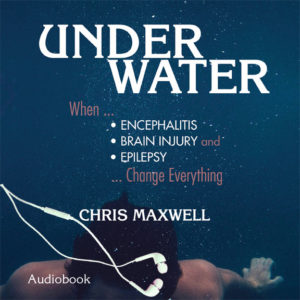From the book Pause for Pastors: Finding Still Waters in the Storm of Ministry.
I’m typing these words after an interesting day. I spent the morning—and the last few days—in a denomination’s conference where leaders were elected and policies were presented.
The organized structure of the week (I love organized structure very, very much) was frequently interrupted with spontaneous conversations with other ministers and their families. I’m standing at a table to sell books; people came over to tell me their stories. Some of the best prayers were not on the denomination’s previously planned governmental procedures. They happened. They just happened.
I needed to listen. The guests needed to talk.
I realized again how healthy relationships develop as we balanced the organized and the spontaneous. We should plan spiritual disciplines of fasting and prayer, of silence and study, of serving the needy and laughing with close friends, of worship and journaling. Many of those events won’t happen unless we plan for them to happen. A vigorous relationship grows when we go out on dates together, when we plan and organize and prioritize the connection.
The divine romance is just like that. Time with the Father is more likely to occur if we plan for it to occur.
But, that is not all. A healthy relationship needs the unexpected smile, the unplanned meal, the impulsive beam, the reckless passion, the enthusiastic grin. Going on a date that was never expected to be a date. Hugging when no hug was planned. Giving a gift on no gift-giving day. A walk when one wasn’t likely.
What if we found that balance? What if we, instead of just letting most of life be controlled by the planned structure of clergy work and the unexpected surprises of that vocation, chose to base our entire beings on that type of relationship with God?
What have you planned with Jesus lately? How consistent is your routine?
Choosing that type of tunnel vision for a healthy relationship with God isn’t a bad idea.
And, while living that lifestyle of “understanding what’s important,” we are more likely to be free to open the eyes wide, see the whole field, and find importance in the normalities of life. We can notice Christ in the routine.










Very good Chris!